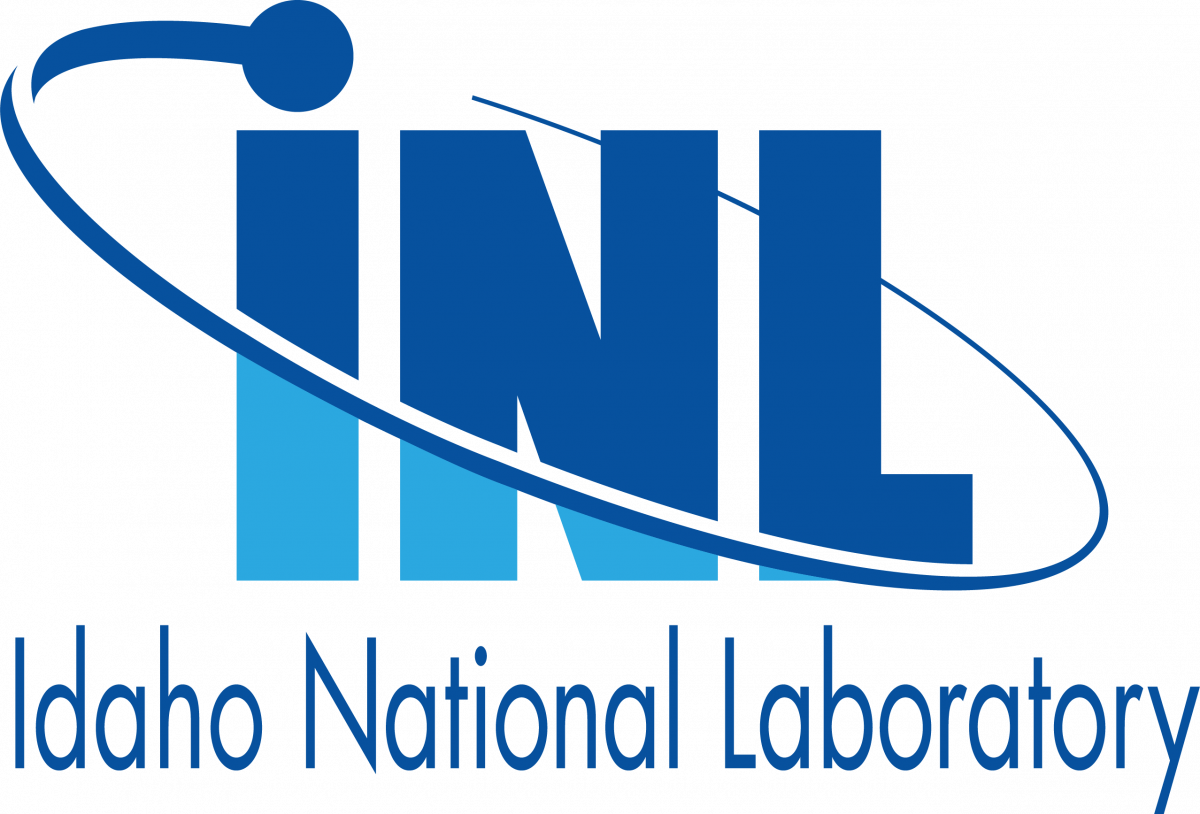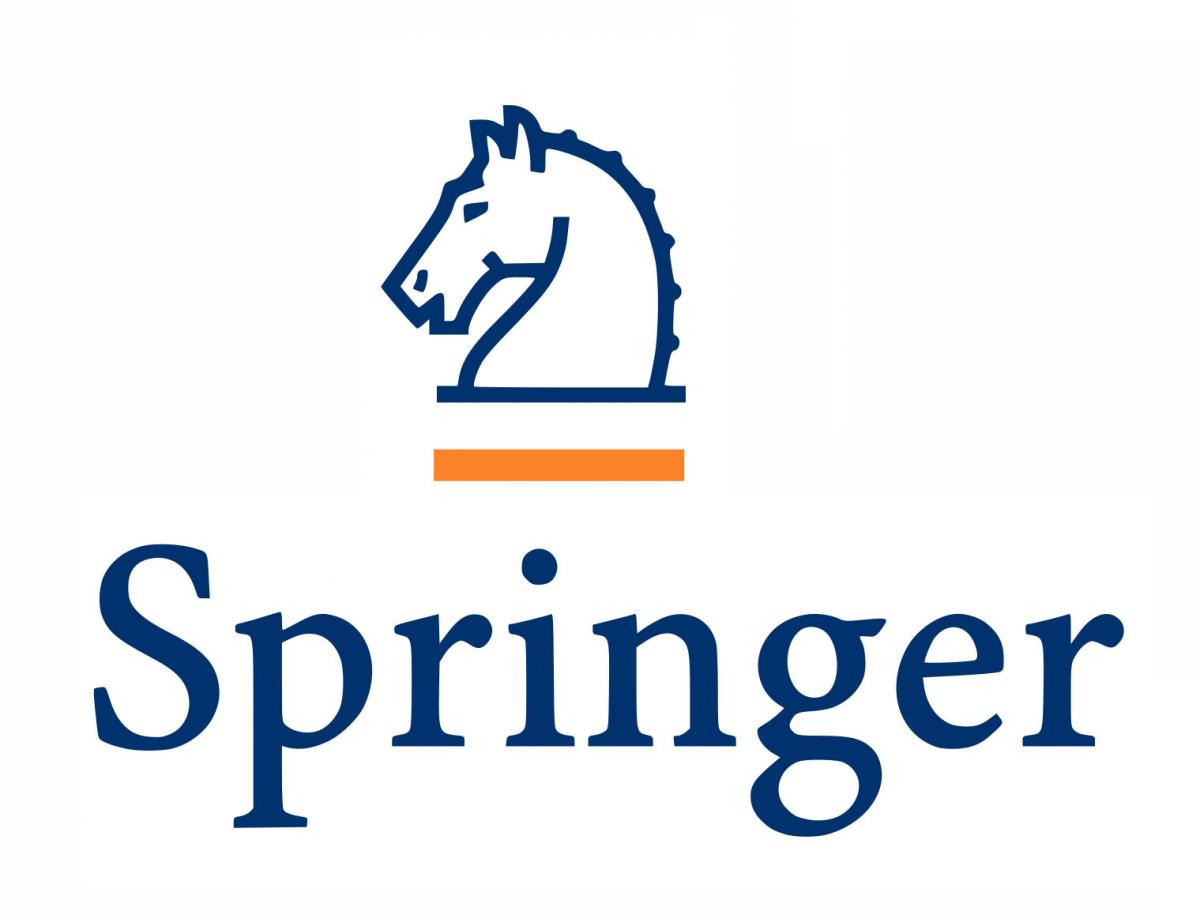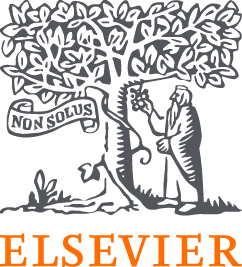David Najera, ATA Engineering, Inc.
Marc Russell, ATA Engineering, Inc.
Elliot Haag, ATA Engineering, Inc.
Accurate simulation of additive manufacturing (AM) processes often requires high-fidelity modeling that may be prohibitive for larger parts given the computational cost of these simulations. Current industry manufacturing trends toward broad adoption of AM techniques and the need to build large parts (e.g., on the order of meters) motivate the development of fast and accurate simulation techniques that can be run on the order of hours instead of days or weeks without the need for access to high-performance computing resources. These challenges are present in a wide range of manufacturing processes with broad industry applications: metallic directed-energy deposition, powder bed fusion, polymer nozzle extrusion, and composite automated tape placement. This minisymposium seeks to bring together researchers from academia and industry to address these challenges through advanced computational techniques that enable fast prediction of AM part performance with an acceptable level of accuracy.
The topics covered include (but are not limited to) the following:
- Reduced-order modeling of AM process simulations to predict thermal or mechanical response
- Multiscale mesh representation techniques for accelerated thermal or mechanical simulations
- Data-driven approaches for prediction of part performance, including defect formation and microstructure prediction
- Techniques such as: Geometry-agnostic deep learning, physics-informed, multifidelity, data fusion approaches
- Discrete or lumped methods and eigenstrain simulations
- Novel computational methods for accelerated AM simulations such as isogeometric analysis and meshfree techniques
- Adaptive temporal or spatial solution domain approaches











